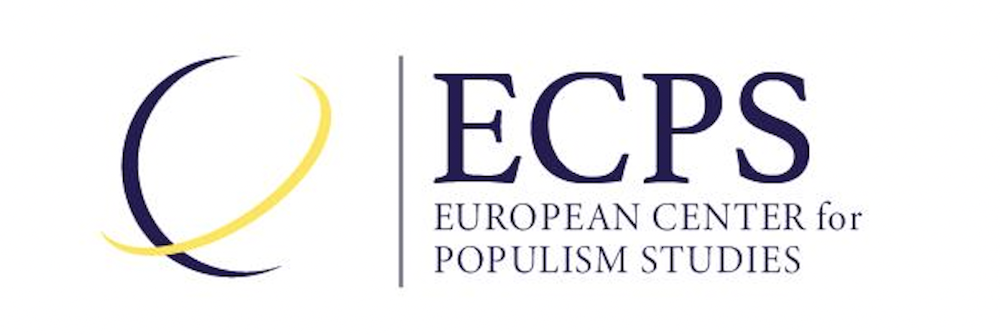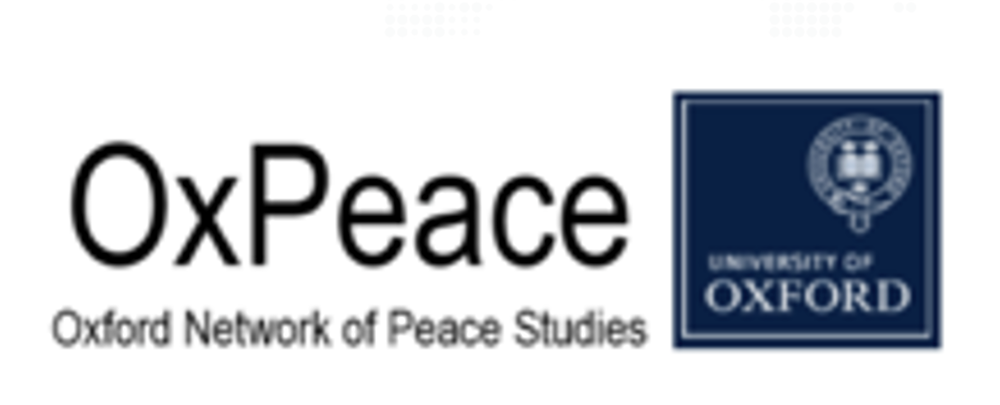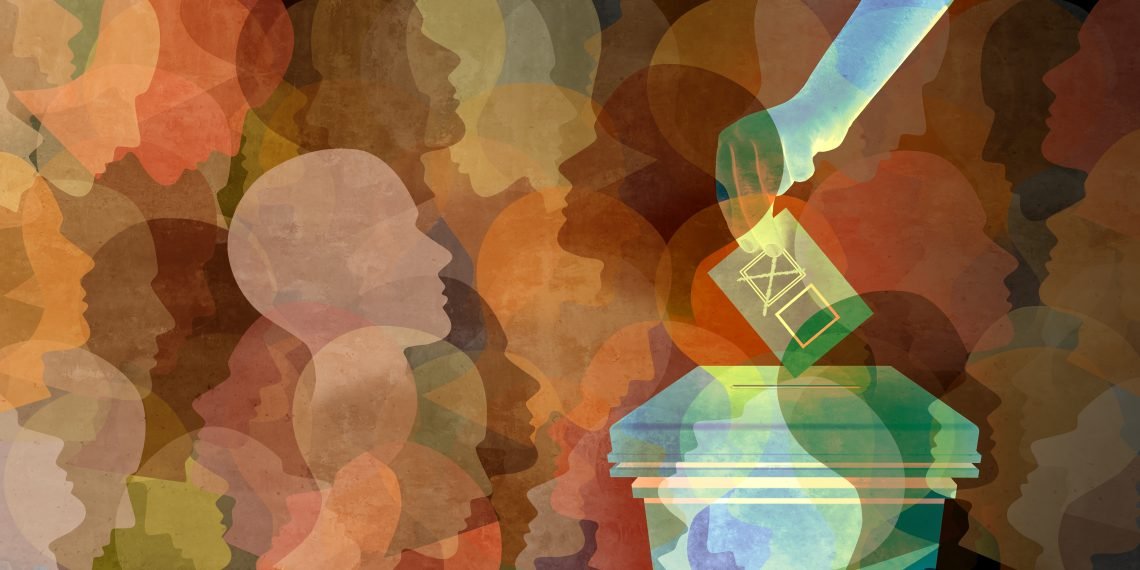DOWNLOAD CALL for PAPER
Date: July 1-3, 2025
Venue: European Studies Centre, Oxford University
Deadlines
Abstract Submission: February 28, 2025
Decision Notification: April 7, 2025
Draft Paper Submissions: June 9, 2025
Organisers
European Center for Populism Studies (ECPS)

The Humanities Division, Oxford University

European Studies Centre, St Antony’s College, Oxford University

Oxford Network of Peace Studies (OxPeace)

Oxford Democracy Network

Between 2012 and 2024, one-fifth of the world’s democracies eroded. During this period, ‘us vs. them’ rhetoric and divisive politics have severely undermined social cohesion. Yet, in some cases, democracy has demonstrated resilience. A crucial factor in the rise and fall of liberal democracies lies in the use and abuse of the concept of “the people.” This idea can either serve to unite civil society or create deep social divisions by pitting “the (true) people” against “the others.” The dichotomy of “the people vs. the others” is a central focus in populism studies. However, the conditions under which “the people” act as a driving force for democratization or become a tool for majoritarian oppression require further comparative and comprehensive analysis. Understanding this dynamic is critical, as it has profound implications for the future of democracy worldwide.
This workshop invites submissions of paper and panel proposals, posters, and artwork on the rise and fall of liberal democracies across different periods and contexts while exploring future implications and potential solutions. By bringing together scholarship from the humanities, arts, social sciences, and policy research, the workshop aims to foster a comprehensive and interdisciplinary dialogue on the challenges of democratic decline and pathways to resilience. Key themes include broader settings and contexts that shape “the people,” influence the human condition, and the building, maintenance, or erosion of democracy, democratic institutions and cultures. Researchers at any career stage, especially early career researchers (PhD students, post-docs, and assistant professors), are encouraged to present completed and ongoing research.
Potential topics include but are not limited to
– Theories and political philosophy on the people, public, popular and civil/civic, elite, volk, populus, demos, ochlocracy, proletariat, sovereign, human condition, constitutional imagination
-The role and use of “the people” in service of nationalism, racism, populism, or democracy
-The role of civil society in fostering and sustaining democratic systems and creating inclusive and sustainable democratic institutions
-Local, global and civilizational approaches to "us vs. them" & illiberal democracy (majoritarianism, “global elites,” minorities, Orientalist or Occidentalist rhetoric, etc.)
-Political economy and psychology shaping the idea of the people and globalization
-Historical trends, human condition, and future implications for democracy
-Cultures and subcultures of democracy (community building across differences, public spaces, arts and activism)
-The role of the arts (literature, music, film), new media, and AI in shaping “the people” and the people vs. the others
-Colonial, decolonial, postcolonial, and gendered approaches to the idea of the people
-Political psychology, civil society, and ways to strengthen domestic and international democratic institutes
-Bottom-up approaches to global governance and democracy
For submissions, please fill out this form before February 28, 2025: https://docs.google.com/forms/d/e/1FAIpQLSdgyojykmVYiElqFSAxaiCbjyX6eZNAjYhdNUWDEoQFUGKnug/viewform?vc=0&c=0&w=1&flr=0
Opening Speech
Janet Royall (Principle of Summerville College, Oxford University and Baroness Royall of Blaisdon).
Roundtable Contributions
Naomi Waltham-Smith (Professor, Oxford University, Music Faculty).
Martin Conway (Professor, Oxford University, History Faculty).
Luke Bretherton (Professor, Duke University Divinity School; Oxford University Faculty of Theology and Religion).
Jonathan Wolff (Professor, Oxford University, Blavatnik School and President of the Royal Institute of Philosophy).
David J. Sanders (Professor, Essex University, Department of Government).
Aurelien Mondon (Senior Lecturer, University of Bath).
Angelos Chryssogelos (Reader, London Metropolitan University, Politics & International Relations).
Clare Woodford (Director of CAPPE Critical Theory Strand, Centre for Applied Philosophy, Politics and Ethics, University of Brighton).
Editorial Team
Hugo Bonin (Postdoctoral Fellow, University of Jyväskylä).
Heidi Hart (Senior Non-resident Research Fellow, ECPS).
Anne-Margret Wolf (Fellow, All Souls College, University of Oxford).
Populism & Politics (P&P), a journal of ECPS, offers publication opportunity for select articles.
Where to Stay: Accommodation Recommendations
For those attending the conference, Oxford colleges are often the most affordable and reliable accommodation option. Many operate as B&Bs, but availability during the summer can be limited due to summer school programs. Below is a list of colleges near our venue. If their websites indicate "no availability," we recommend emailing them directly and mentioning your attendance at the conference, as this may improve your chances of securing a booking.
Recommended Colleges
- Jesus College
- Christ Church College
- Balliol College
- Exeter College
- Kellogg College
- Lincoln College
- Trinity College
- Brasenose College
- Wadham College
Hotels Near Jesus College
For those preferring hotels, here are some options close to Jesus College:
B&B and Self Catering
The Randolph Hotel, by Graduate Hotels
Additional Suggestions
Royal Oxford Hotel: Conveniently located near the train station and city centre.
We also recommend comparing prices on various booking platforms such as booking.com, as rates and availability can differ.


